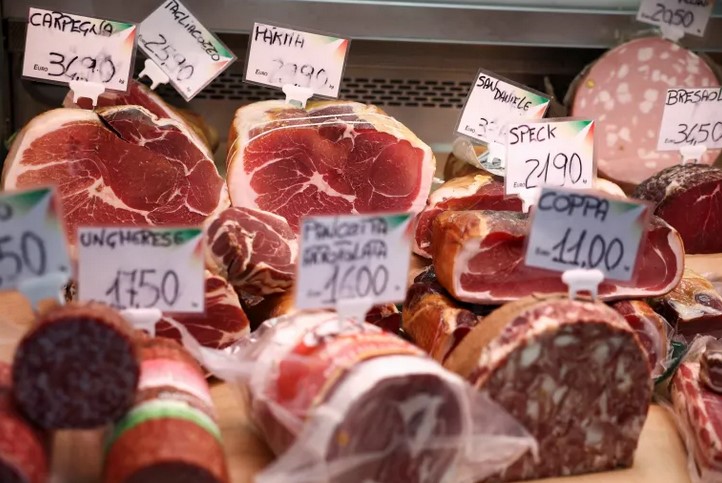In a retaliation twist, China has launched an anti-dumping investigation targeting pork imports from the European Union, spotlighting Danish Crown along with Dutch and Spanish pork firms. This move comes as Beijing steps up its response to the EU’s provisional duties of up to 37.6% on Chinese-made electric vehicles.
China, the world’s largest pork consumer, is playing a high-stakes game of tit-for-tat. The investigation could significantly disrupt Europe’s pork exports, particularly of pig ears, noses, feet, and offal—delicacies in China but often discarded in Europe. Danish Crown, a major global pork exporter, has expressed its commitment to the investigation, stating, “Danish Crown has registered to participate in the investigation and submitted all relevant information to the investigating authority.”
Analysts suggest China’s probe primarily targets Spain, the Netherlands, and Denmark, countries perceived as supportive of the EV tariffs. The EU remains divided on the issue, with varying stances from its member states.
China’s commerce ministry announced that it would sample pork products from Danish Crown, Dutch producer Vion Boxtel B.N., and Spanish processor Litera Meat S.L.U. While Vion Boxtel and Litera Meat have yet to comment, Spanish pork producers group Interporc has pledged full cooperation.
The investigation will scrutinize pork products for human consumption, including fresh, cold, and frozen whole cuts, as well as pig intestines, bladders, and stomachs. In 2023, China imported $6 billion worth of pork, more than half of which came from the EU. Spain tops the list of EU pork suppliers to China, followed by the Netherlands, Denmark, and France.
As the geopolitical tension escalates, this pork probe adds another layer of complexity to the already strained EU-China relations. While the EU’s electric vehicle tariffs aim to protect its automotive industry, China’s countermeasure threatens a significant sector of European agriculture, illustrating the far-reaching consequences of international trade disputes.
(Source: Voice of America | NL Times | MSN)









